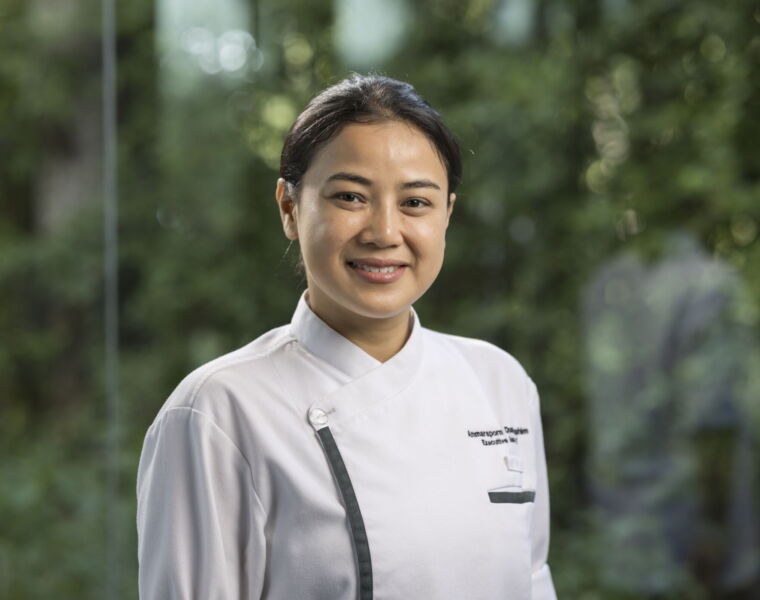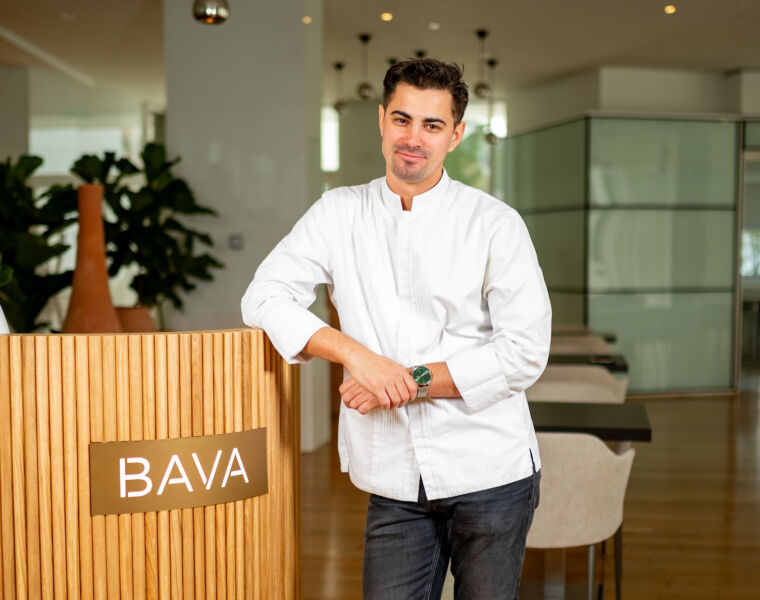
Glion Institute of Higher Education is one of the best hospitality management schools in the world. Founded in 1962, it has over 50 years’ experience in educating global hospitality leaders and follows the exceptional Swiss approach to hospitality education, combining theoretical and practical learning as well as professional development.
In a global survey of senior managers from luxury hotels in 63 countries, Glion was ranked among the top three best hospitality schools for preparing students for an international career in hospitality management. Their qualifications are recognised internationally, and the school is accredited at university level by the Commission on Institutions of Higher Education of the New England Association of Schools and Colleges (NEASC) – the same accreditation body as Harvard. Reena Patel caught up with CEO Judy Hou to find out more.
LM: What professional and personal skills / attributes are you looking for in candidates who apply for your hospitality related courses?
JH: The hospitality industry attracts ambitious, career-minded people with a passion for hospitality. Our students love to travel and thrive living and working in a multi-cultural environment. We speak about the ‘Glion Spirit’, a common value shared by our students. This is a passion and enthusiasm for the industry, for working alongside other people, and possessing a strong work ethos. To succeed in the hospitality industry takes hard work, determination and a strong business mind.
LM: How many students are accepted on to each course?
JH: Glion London, the school’s first branch campus, opened in August 2013. Our first intake was 50 students, offering them a Bachelor of Business Administration in Hospitality Management and a Postgraduate Diploma in Hospitality Administration. Glion is part of Laureate Hospitality Education, a member of the Laureate International Universities network. As a network, Laureate comprises 75 accredited campus-based and online institutions of higher education, serving more than 800,000 students in 30 countries.
LM: Can you share any Glion alumni / former students that have gone on to high-flying, successful careers in luxury hospitality?
JH: Many of our graduates have gone on to have extremely successful careers within luxury hotel groups and world renowned brands. We currently have alumni working with Mandarin Oriental, Shangri-la, Ritz-Carlton, Four Seasons, Longchamp Paris and Rolex, to name a few.
LM: Do you have connections / relationships with specific luxury resorts and properties around the world that you can mention?
JH: Glion prides itself on its strong ties with the industry. We have a team of professional placement executives who work with a database of 15,000 contacts and regularly provide Glion with internships and positions around the world. Every semester, over 50 representatives from the hospitality industry visit Glion to recruit from our graduating class. They include highly reputed brands such as InterContinental Hotel Group, Four Seasons, Hilton Worldwide, Marriott Mandarin Oriental, Starwood Hotels and Resorts, and Hyatt.
LM: In which way are hospitality related degrees having to evolve to stay up to speed with the emergence of 7 star properties, such as the Burj Al Arab in Dubai?
JH: Our Hospitality Management degrees are designed to mould future leaders of the hospitality industry, which includes those aspiring to work in the luxury sector. Graduate competencies are linked to the unique customer experience, which requires innovation, attention to detail, responsiveness to any special demand a customer may have, and a high level of care for each customer as an individual.
With the emergence of 7-star hotels, which claim their facilities and services to be among the most luxurious in the world, customers have come to expect an even more unique and extravagant experience. It is therefore crucial that degree programmes and curriculum take into account this new generation of customers and their expectations. These expectations radically influence hotel promoters in the way they design facilities and services of the future.
LM: Are there any new courses/ modules that you have introduced to keep up with expectations within the luxury market?
JH: The main challenge is to always have innovative programmes that anticipate and respond to the changing needs of the industry. We are continually in contact with hospitality industry professionals and adapt the curricula to talent requirements on an international level. Our board of directors is largely composed of industry professionals who meet regularly, where they express their needs and the trends in the market.
Our programme offerings are constantly being adapted to meet those needs; we even encourage our professors to keep a toe in the field so that they are always up to date. For example, a recent development to the curricula, which was made in response to the industry needing more people experienced in finance decision-making, was that we launched a new Master of Science in International Hospitality Finance. The one year course, which started in January 2014, develops and hones students’ skills in financial decision-making and in finding innovative solutions to complex financial challenges, which are relevant to today’s hospitality industry. It’s ideal for students who are currently working and offers opportunities for career advancement.
LM: Which new services / trends/ themes have you noticed to appear within the luxury hospitality market?
JH: Hospitality will continue to be one of the most dynamic, career-rich and expanding sectors in the world. According to the World Travel & Tourism Council (WTTC) 2013 Economic Impact report, the international hotel industry is predicted to expand consistently over the next decade, with a significant impact on the economy. 8.7% of jobs globally are currently in the tourism and travel sector, and jobs in this sector are expected to reach over 337 million by 2023. The key word here is ‘global’. The market is global, hospitality brand’s portfolios are global and a greater emphasis will be placed on the ability of hospitality professionals to adopt a global outlook, global experience, and multicultural communication skills.
The rapid evolution of the internet and the expansion of social media have significantly changed the relationship between the industry and the customer. The e-reputation of a hotel is determined by customers through various social media platforms, including online travel forums and customer-led ranking sites. In the US, in just one day, brands are mentioned 3.3 billion times in 2.4 million online conversations. According to a 2012 Luxury Trend report by a leading hotel chain, over 33% of the people surveyed admitted to considering comments on TripAdvisor to be of great importance in their selection of a luxury hotel. We can expect to see the hotel sector investing heavily in new technologies, building an online social media strategy and employing social media and communication experts as core members of their teams, if they haven’t already.




You must be logged in to post a comment.